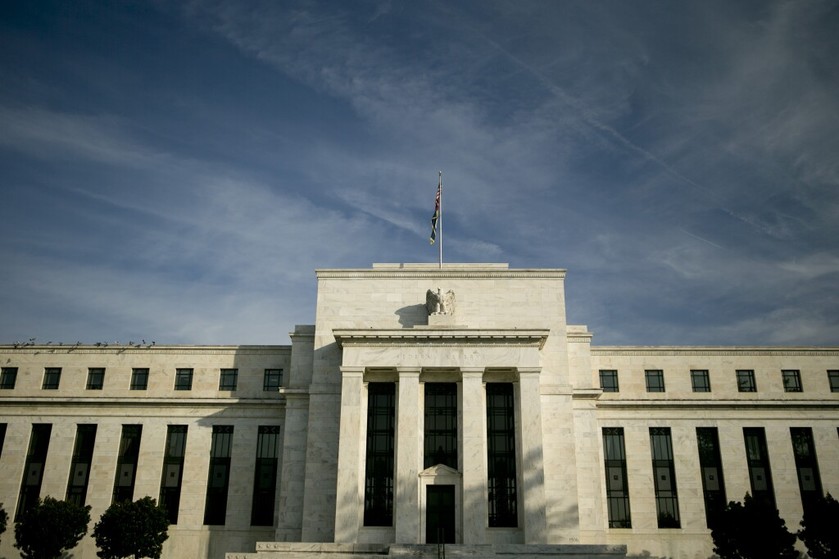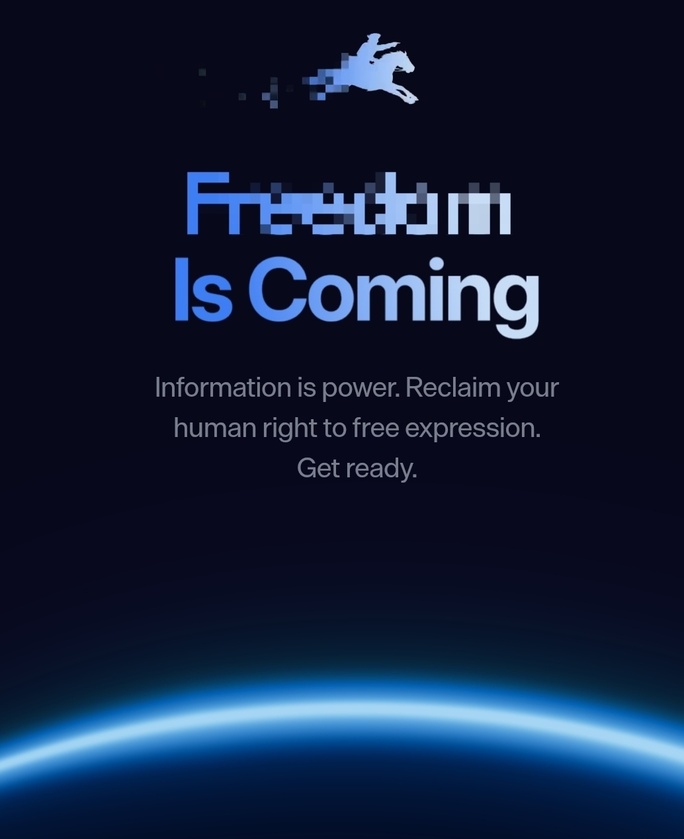Whether an institution has access to the Federal Reserve's payment system will soon be a matter of public information, but just how far that transparency will extend remains unclear.
Thanks to a provision in last year's National Defense Authorization Act, the Fed Board of Governors must establish a searchable database of all the institutions with so-called master accounts — which serve as a single point of access for various services within the central bank — by this summer.
The legislation preempted the Fed's own effort to bring more transparency to its master account stewardship. In November, the board proposed requiring the reserve system's 12 regional banks to publish lists of account holders quarterly. The master account provision, which was added to the defense spending bill by since-retired Sen. Pat Toomey, guarantees additional transparency around master accounts, but it might not be the final word on the matter.
The public still has until Tuesday, Jan. 17, to comment on the Board's proposal. And while some say the Toomey provision made necessary amendments to what the Fed was initially considering, they also say more should be done.
"I'm excited about it," Julie Hill, a law professor at the University of Alabama, said of the upcoming disclosures around master accounts, "but I hope we see a revision to the board's proposal after the comment deadline expires, and some refinement of the sorts of information that they are going to provide in the now legally required database."
Hill, whose research on financial regulation has focused on master account policy, said the Fed's database should include more identifying information about the banks that hold master accounts. The Fed has proposed listing the name of each bank and the reserve bank at which it holds an account, but Hill said that alone might not be sufficient. Given that many banks have similar names, she said, it would be prudent for the database to include each institution's American Bankers Association routing number or the city where it is headquartered.
She also noted that the Fed's proposal called for listing both master account holders as well as institutions that have corresponding relationships with master account holders. Hill said the Fed should make clear which institutions fall under each category.
"People like me would want to see the master account holder separate from those who access services through someone else's master account or correspondent relationships," she said. "If they lump all those together, the database might be less useful."
The Fed declined to comment for this article.
The question of which entities should have access to master accounts and on what grounds has been top of mind for the Fed, the banking industry and regulatory watchers in recent years, with the rise of technology-based payment processors and state-chartered banks that deal with crypto assets.
The Toomey provision included two key adjustments from the Fed proposal, Hill said. First, it specifies that the Fed should disclose "every entity" with a master account, as opposed to just depositories, as the board proposed. It also notes the Fed must disclose groups that have applied for master accounts, something the board asked about but did not include in its formal proposal.
Some banks would like the central bank to provide more information about applicants. In April, when responding to a request for comment on the Fed's proposed three-tiered structure for evaluating applicants, the Bank Policy Institute urged the board to open master account applications up to public comment, as it does for regulatory matters, such as mergers.
BPI's April letter also urges the Fed to require third-party assessments of applicant risks to be made public along with the board's decisions about applicants.
Paige Pidano Paridon, BPI senior vice president and associate general counsel, said if the board's master account disclosures are limited to what is mandated by the Toomey provision, it would be a step in the right direction, but also a missed opportunity.
"Knowing an entity is applying is certainly better than not knowing. The public and other interested parties could raise concerns, should they exist, with respect to an application, but there's not a regulatory hook whereby the Fed would have to consider those comments," Pidano Paridon said. "It's a good step, but we'd like to see more."
Paul Merski, the executive vice president of congressional relations and strategy for the Independent Community Bankers of America, said having a database of master account holders and applicants is critical for the Fed to maintain accountability as more financial technology companies and banks with novel charters seek access to the Fed's payment system.
Merski said his primary concern is that entities with unproven and underregulated business models would pose a "contagion" risk to the financial system, should they be granted access to the Fed's payment systems.
"At a minimum, there should be full disclosure of who's applying for these accounts and what their regulatory regime would be," he said.
For the fintech industry, having transparency around which entities have master accounts not only provides insight into what it might take for an aspiring account holder to get access, but also a single point of reference for seeking out new partnerships, said Penny Lee, president and CEO of the Financial Technology Association.
"FTA supports increased transparency and continues to encourage greater access to Federal Reserve accounts and services for leading payments companies," she said. "Nonbank access to the federal payments infrastructure would substantially lower costs for consumers, drive competition and increase innovation."












 All while Pfizer—a company with a $2.3 billion criminal fine for fraudulent marketing, bribery, and kickbacks—was given blanket immunity from liability and billions in taxpayer dollars to produce a vaccine in record time with no long-term safety data.
All while Pfizer—a company with a $2.3 billion criminal fine for fraudulent marketing, bribery, and kickbacks—was given blanket immunity from liability and billions in taxpayer dollars to produce a vaccine in record time with no long-term safety data.
























